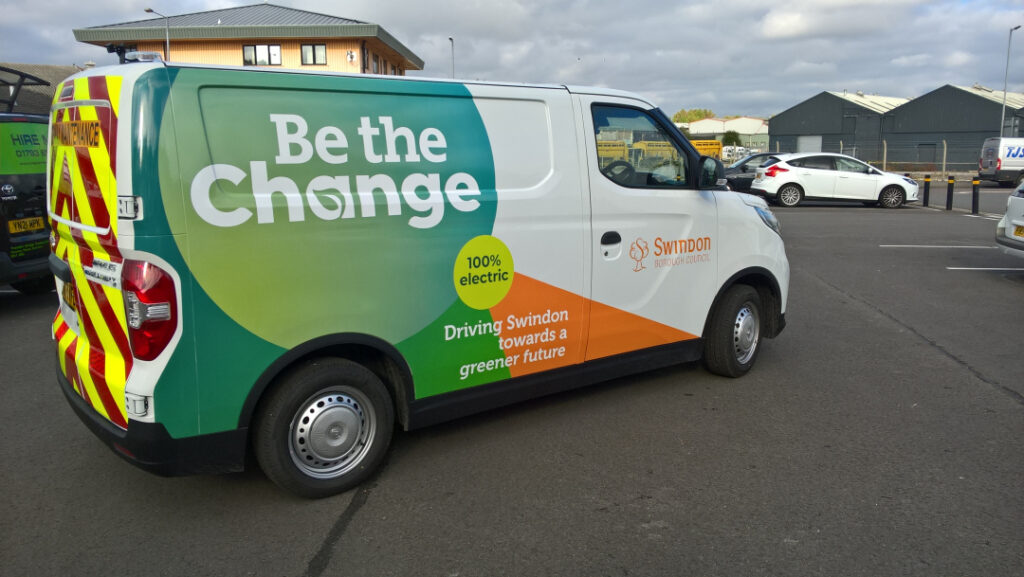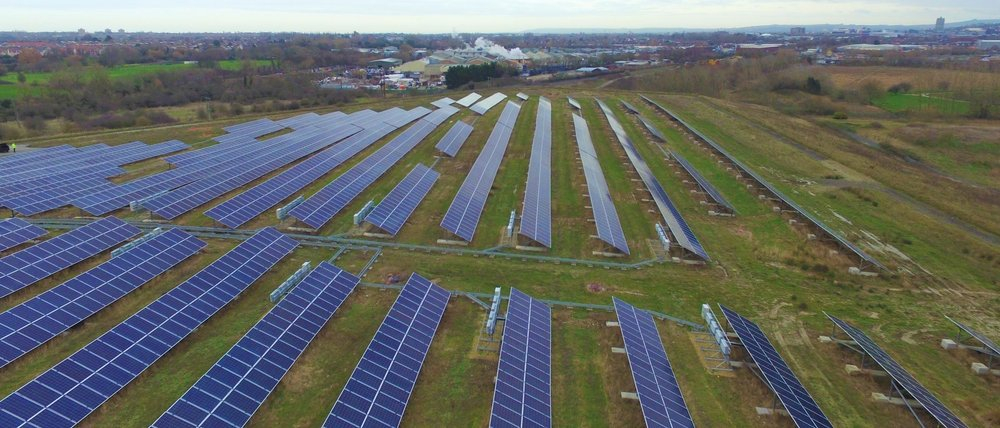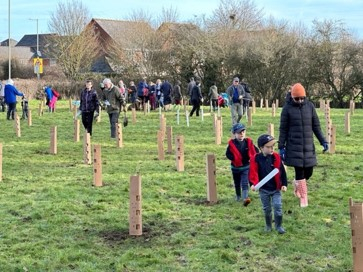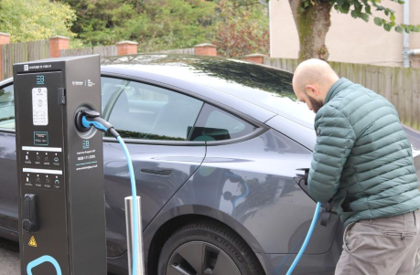Senior councillors will be asked to approve plans to progress the Council’s contribution to the climate emergency at Wednesday’s (8 March) Cabinet meeting.
An updated Net Zero Action Plan, first approved in July 2021, will go before Swindon Borough Council’s Cabinet which sets out completed and ongoing actions to help the Council reach net zero by 2030.
Achieving ‘net zero’ means reducing greenhouse gas emissions from the Council’s operations as much as possible before offsetting what’s left.
Since the plan was first published in July 2021, the Council has:
- Completed the switchover of the Borough’s 26,000 street lights to LED
- Purchased new ultra low emission operations vehicles to decarbonise the Council’s fleet, currently featuring 27 full electric and seven hybrid vehicles
- Installed new battery storage and vehicle charging points at the Council’s operations depot to fully harness the energy from the nearby, Council-owned Barnfield solar farm
This builds on work over the past decade, with around 50 per cent of the Council’s total electricity demand met by renewable energy from two Council-owned solar farms.
With the Government’s UK-wide target to reach net zero by 2050, the plan also sets out Council actions to support Swindon residents and organisations respond to the climate emergency. Progress includes:
- Planting around 51,500 new trees across the Borough, including 18 sites in the Great Western Community Forest area
- Launching an innovative group-buying scheme (Solar Together) with over 200 Swindon homeowners investing in solar panels for their homes
- Installing solar panels and loft insulation to improve the energy efficiency of 669 lower income Swindon households, through the Local Authority Delivery scheme
- Installing the Borough’s first on-street electric vehicle charging points
- Running the ongoing ‘Be the Change’ campaign swindon.gov.uk/bethechange, highlighting the success stories of Swindon’s residents and businesses in response to the climate emergency
The plan also sets out future action, including the rollout of a Borough-wide food waste collection service to an additional 90,000 households from autumn 2023. Instead of going to landfill, food will be treated using a method called anaerobic digestion which produces renewable energy (biogas) and agricultural soil improver.
The Council will also continue to develop the Waterside Innovation Hub at its operations depot, which harnesses renewable energy from Barnfield solar farm to power buildings and vehicles. A 12MW/24MWh battery due to be energised later this year will help supply surplus renewable energy to the local electricity network, equivalent to powering over 3,000 local homes for two hours.
Councillor Keith Williams, Cabinet Member for Climate Change, Finance and Commercialisation said: “I am really pleased that the Council continues to take tangible actions to reduce its impact on the environment, as well as supporting Swindon residents and organisations to respond to the climate emergency.
“Over the past two years we have helped over 800 Swindon households to benefit from new energy efficiency measures and renewable energy.
“The progress made so far is encouraging and it’s great to see so much activity taking place despite a difficult financial climate for the Council and residents. There’s much more for us all to do, both locally and across the world. Residents and organisations can find climate change information and advice on our website, swindon.gov.uk/bethechange.”





